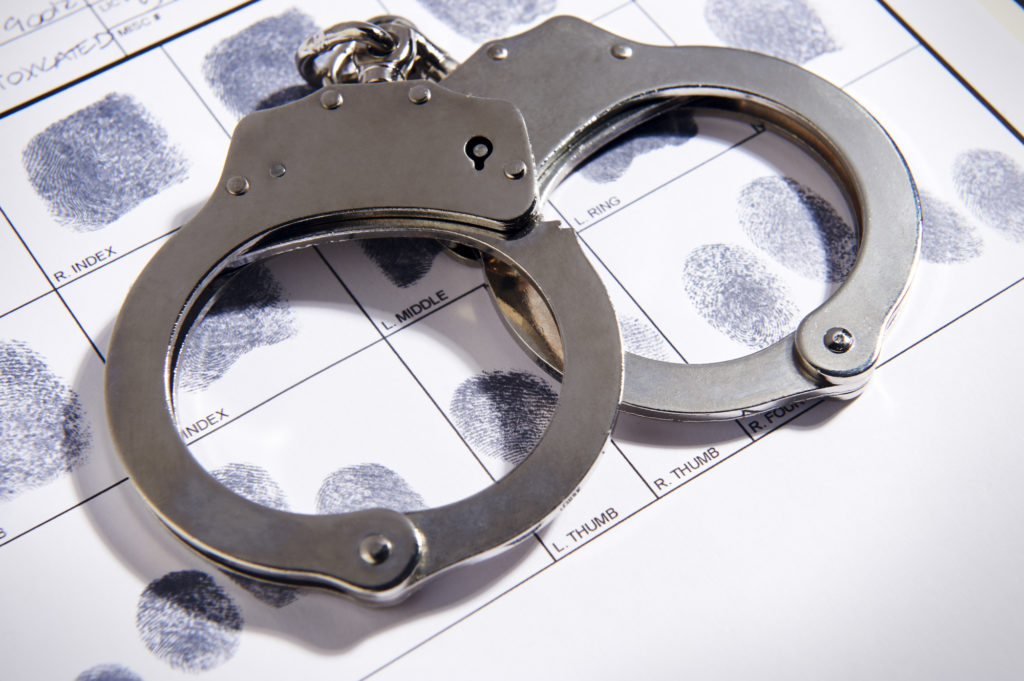
Being charged with a crime is scary, especially if it’s the first time you have had experience with the criminal justice system. Although most of us probably believe that we’ll get arrested, it can’t hurt to have the knowledge of what to do (and what not to do) if you get arrested and charged with a crime.
The Constitution provides certain rights for citizens involved in the criminal justice system. Be sure you know your rights and how to protect yourself if you should be arrested and charged with a crime.
Charged With a Crime? Here’s What to Do
Understanding your rights when you are under arrest and charged with a crime is extremely important to make sure that they are not violated.
Who Decides on Charges?
There are a few ways that you might end up in the criminal justice system. You might commit a crime and get arrested on the scene by police officers. Or, you might commit a crime, not get caught right away, and upon investigation, police might determine that you are the offender and seek an arrest warrant.
The prosecutor or the grand jury will decide on your charges. The prosecutor, who is an elected official, has a lot of discretion to decide whether to charge you and what to charge you with.
If the prosecutor takes the case to a grand jury, the review the evidence and decide whether to issue an indictment, which is the official charging document of the grand jury.
Once you’re charged or indicted, the courts issue an arrest warrant and the police will try to locate you. Keep reading to see what happens next and what rights you have at this point.
What To Do When You’re Arrested
When you are arrested, it’s important to not resist. Allow the officers to handcuff you and place you in their vehicle. Even if you are innocent, do not resist the officer who is arresting you. If you do, you may be facing even more serious charges.
Once you are under arrest, use your right to remain silent, with a few exceptions. If the officer asks your name, tell them. Be honest too. Falsifying information could result in even more charges.
The Fifth Amendment says that you have the right to remain silent and don’t need to answer any questions they might ask about your alleged involvement in the crime you are being arrested for. At some point, an officer should read you your Miranda warnings, notifying you of your right to remain silent.
The other exception to remaining silent is to ask for an attorney. You have a right to an attorney and if you can’t afford one, one has to be provided for you. Ask for your attorney or let the officers know that you can’t afford one. Consider Madrid Law for any of your criminal defense needs.
Don’t talk to police without your attorney present!
What to Do After You’re Booked
Once you’ve been arrested, you’re booked at either the police station or the county jail. Wherever you’re booked, don’t talk about your case with anyone. The only person you should be talking about your case to is your lawyer.
During booking, your fingerprints and mugshot will be taken, you’ll often have to undergo a physical and psychological exam, and you’ll need to turn over your private property. Depending on your crime, you might be able to “bond out” right away. In this case, if you or someone you know can pay your bond, you can go home quickly.
If your crime is more serious and you don’t receive bond right away, you’ll spend time in jail until your first court appearance, which generally has to happen within 48 hours. Here, you’ll hear your charges and a judge will decide whether to release you on bail or not.
What Happens After Release
If you get released on bail, you’ll want to meet with your lawyer quickly. He or she can help you understand and navigate the process. You’ll typically get the date for your next court hearing upon release.
At your first appearance, you’ll be able to enter a plea of guilty or not guilty. You should consult with your attorney to determine how you will plea. Upon entering a plea of guilty, the judge might give you a sentence right away or set a date for a sentencing hearing.
If you plead not guilty, your case will go to trial. Before you get to trial, the prosecutor might offer you a plea bargain. Plea bargains generally require you to plead guilty in exchange for a reduced sentence. It is up to you whether to accept the plea bargain or go to trial.
Your attorney can advise you on what he or she thinks will have the best outcome for your case.
What Happens After Trial
If you take your case to trial and the judge or jury find you not guilty, it’s over. The Fifth Amendment protects us from double jeopardy, meaning we can’t get tried for the same crime twice if a jury finds us not guilty.
If a jury or judge finds you guilty, then you’ll receive your sentence. Your sentence could be any number of different things, usually based on the crime you committed and your prior record. Your punishment might include probation or community corrections, jail, or prison.
The Bottom Line
Upon arrest and being charged with a crime, you do have rights. If your rights are not violated, you might have the ability to appeal your case.
Knowing your rights if you ever find yourself in a situation where you are arrested and charged with a crime will ensure that you’re aware of how police and other criminal justice system officials should behave.
Check out our blog for even more resources on the criminal justice system and your rights.

